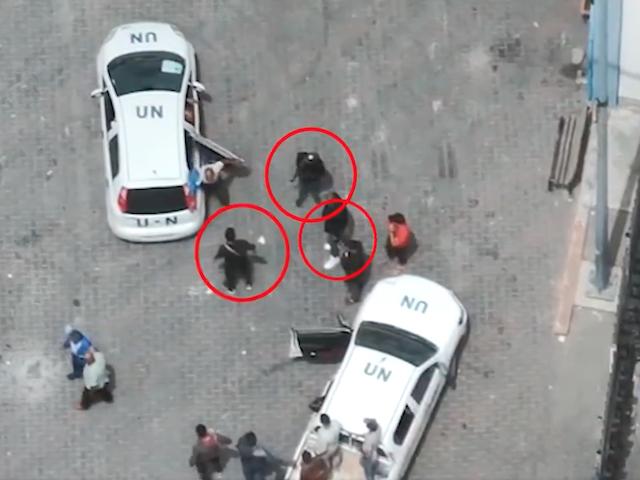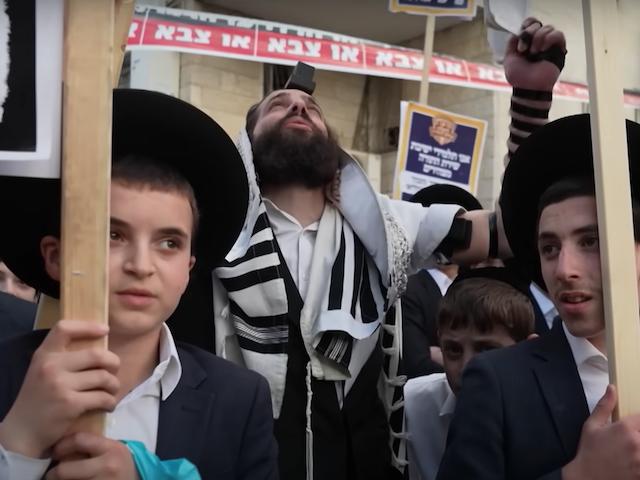
- Details
- The Judean Staff
- Politics
In a remarkable political shift on the heels of Benjamin Netanyahu's historic fourth speech in front of a joint session of the United States Congress, the Likud party, led by Prime Minister Netanyahu, is witnessing a significant rise in popularity, according to recent polls. Maariv reports that a poll conducted by Lazar Research in cooperation with Panel4All indicates that if elections were held today, both Likud and the National Unity parties would secure an equal number of Knesset seats, positioning them as the largest factions in Israel’s legislative body.
Read more: Poll: Likud And National Unity Lead Polls With 23 Knesset Seats Each





